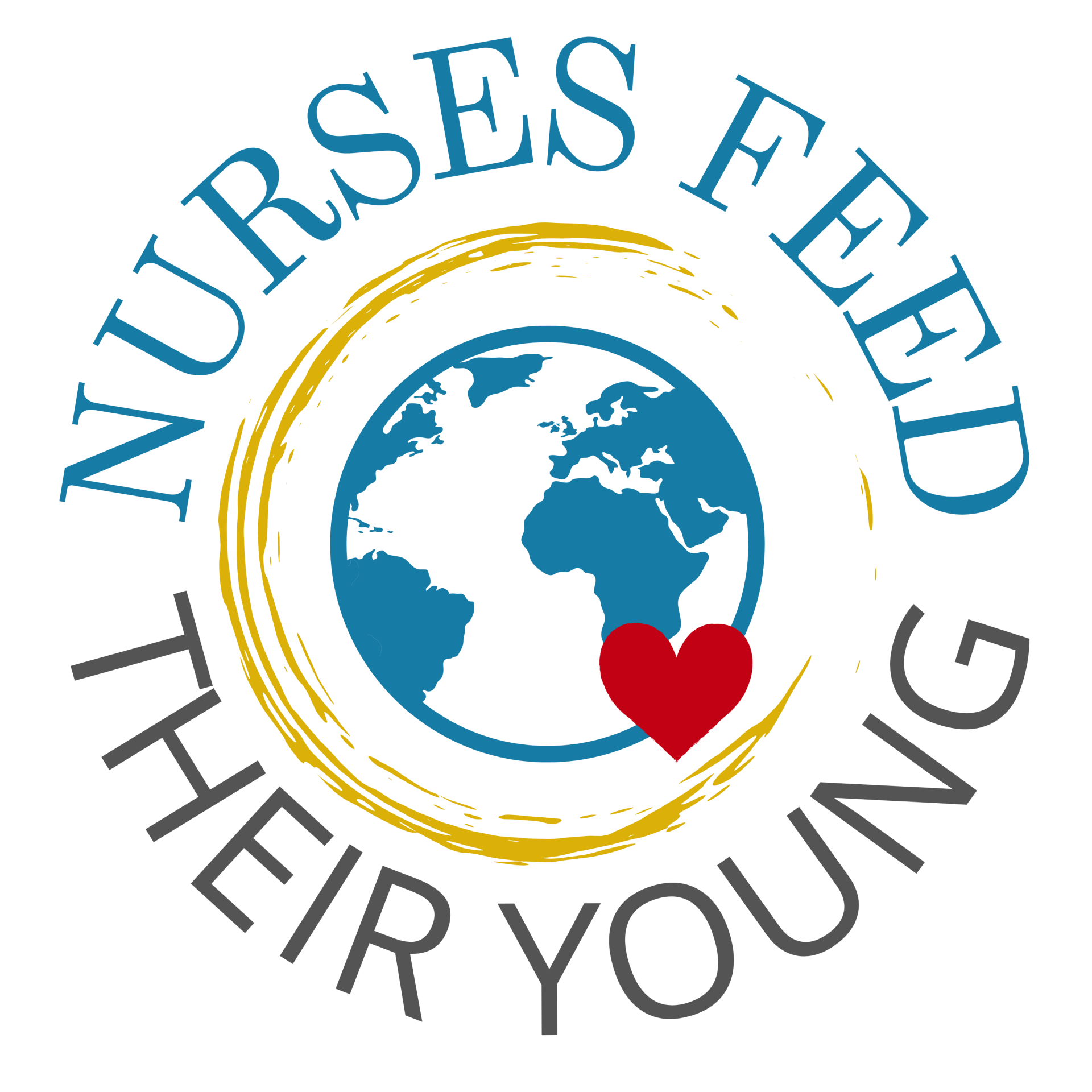Nursing is a profession that demands compassion, skill, and resilience. Nurses are often described as the heart of healthcare and play a vital role in patient care and recovery. Within the nursing profession, however, lives a troubling phenomenon known as "nurses eat their young." This term refers to the mistreatment, incivility or bullying of new nurses - as well as seasoned nurses, travel and agency nurses who may be working in new roles - by their more experienced and/or tenured colleagues. Such behavior not only negatively impacts the mental and emotional well-being of nurses but also poses a threat to the overall integrity of the nursing profession. In this article, I’lll explore the root causes of this issue and offer practical solutions to prevent the next generation of nurses from "eating their young."
"Eating their young" is a pervasive issue in nursing that manifests in various forms, including verbal abuse, belittlement, exclusion, or assigning new nurses (or nurses working on a unit they are unfamiliar with) impossible tasks. This behavior can lead to stress, burnout, and the potential loss of promising young nurses as well as seasoned nurses from the field. To effectively address this problem, we must first understand its underlying causes.
The demanding nature of healthcare settings, coupled with high patient volumes and acuity, can create an environment where experienced nurses may vent their frustrations on newcomers.
New nurses and nurses working in new roles often find themselves without adequate support or mentoring programs. This isolation can make them more vulnerable to mistreatment when they lack guidance and a support system.
Nursing has traditionally been characterized by hierarchies, where experienced nurses and nurses who are established on a unit hold more authority. This hierarchy can lead to the mistreatment of new nurses as a way of asserting dominance.
In some instances, "eating their young" has become ingrained in the nursing culture, perpetuated by the belief that toughening up new nurses will prepare them for the challenges of the profession. It is my personal opinion that over decades of this behavior being allowed to perpetuate that nurses have developed a “familial type of dysfunction” that is now handed down from one generation of nurses to the next.
Addressing the issue of nurses "eating their young" requires a comprehensive approach involving nurses, nurse leaders, and healthcare institutions. Here are some strategies to prevent this behavior:
Begin by raising awareness about the issue within the nursing community. Offer training sessions and workshops on workplace behavior, emotional intelligence, communication skills, and conflict resolution. Encourage open dialogues about the challenges faced by nurses working in new roles.
Implement structured mentorship programs where experienced nurses can provide guidance, support, and constructive feedback to new nurses. This can foster a more positive and nurturing environment.
Healthcare institutions should establish and enforce a zero-tolerance policy for workplace bullying and mistreatment. Make it unequivocally clear that this behavior will not be tolerated and outline the consequences for those who engage in it.
Provide leadership training to experienced nurses to help them develop better leadership and interpersonal skills. Implement personality assessments as a means of understanding the inherent values and characteristics of nurses so we can put the right nurse in the right role - not just any nurse in any role. This can promote a culture of mutual respect and collaboration.
Create peer support networks where new nurses can share their experiences, challenges, and successes. This will help them build a support system and reduce feelings of isolation.
Encourage open and honest feedback from all nurses, irrespective of their experience levels. This will help identify and address issues before they escalate.
Foster a culture of respect, teamwork, and inclusivity within healthcare institutions. Acknowledge and celebrate the contributions of all nurses, regardless of their experience.
Nursing is a demanding yet rewarding profession that should be characterized by empathy, cooperation, and support. The issue of "eating their young" not only harms nurses working in new roles but also compromises patient care and the overall reputation of the nursing profession. By addressing the root causes of this problem and implementing practical strategies to prevent it, we can ensure that the next generation of nurses is nurtured and empowered to thrive in their roles. It is time to establish a culture of respect, mentorship, and collaboration that benefits both new and experienced nurses and ultimately enhances the quality of healthcare for all.
